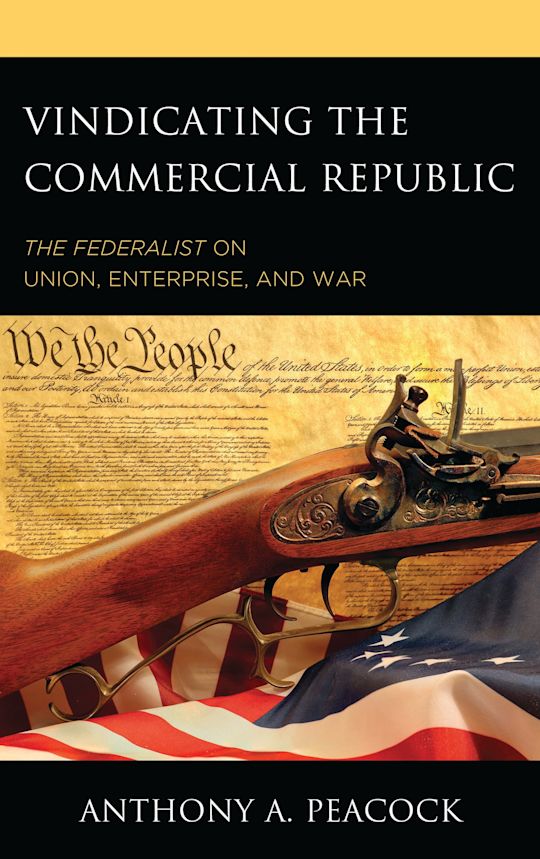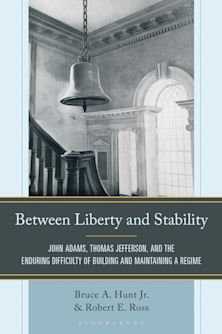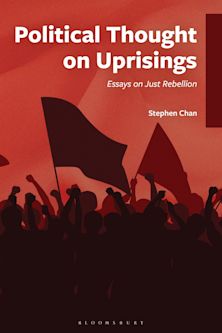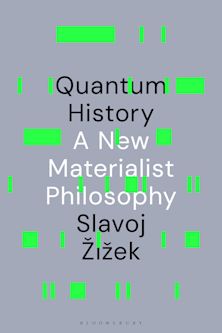Vindicating the Commercial Republic
The Federalist on Union, Enterprise, and War
Vindicating the Commercial Republic
The Federalist on Union, Enterprise, and War
This product is usually dispatched within 1 week
- Delivery and returns info
-
Free US delivery on orders $35 or over
Description
Contrary to most academic commentary on The Federalist, this book contends thatthe most significant teachings of the work did not have to do with the institutions of government so much as with the non-institutional features of American constitutionalism, specifically its advocacy for greater union, the development of an unparalleled culture of enterprise, and provision for war. Key to understanding why these features were so critical to The Federalist is the work’s rejection of classical liberalism’s orthodoxy that commercial republics were moderate or pacific in nature rather than spirited, enterprising, and warlike. Using the ancient historian Thucydides' account of the daring, innovation, and restlessness of ancient commercial Athens as an interpretive guide for the commercial republican theory that The Federalist embraces, this book provides a sweeping reinterpretation of American constitutionalism. At the heart of The Federalist’s teaching, Peacock contends, is the intention to create an innovative and spirited culture of enterprise that will not only inform America’s civic character post-1787 but its military character as well. No scholarship has considered the significance of Thucydides' to the The Federalist. This book does in a comprehensive reconstruction of the work that concludes that The Federalist anticipates as well as any text on American constitutionalism what many consider to be the most definitive features of American character today: its spirit of enterprise and its qualified willingness to engage in war for both reasons of national interest and republican principle.
Table of Contents
Introduction: The Need to Vindicate the American Commercial Republic
Chapter 1: The Foundations in Principle of The Federalist’s Constitutionalism
Chapter 2: Natural Rights and A New Commercial Republican Theory
Chapter 3: The Spirited Nature of Commercial Republics
Chapter 4: Taming the Commercial Republic
Chapter 5: Thucydides and The Federalist
Chapter 6: The Virtue of Enterprise
Chapter 7: Federalists 11-14 and the Spirit of Enterprise
Chapter 8: Enterprise and the High Politics of American Constitutionalism
Chapter 9: War and the Impossibility of An Insularity Doctrine
Chapter 10: Constitutional Powers and The Federalist’s High-Toned Politics
Conclusion: The Commercial Republic and The American Way of War
Bibliography
About the Author
Product details
| Published | Apr 24 2018 |
|---|---|
| Format | Hardback |
| Edition | 1st |
| Extent | 430 |
| ISBN | 9781498553476 |
| Imprint | Lexington Books |
| Dimensions | 9 x 6 inches |
| Publisher | Bloomsbury Publishing |
Reviews

ONLINE RESOURCES
Bloomsbury Collections
This book is available on Bloomsbury Collections where your library has access.



































